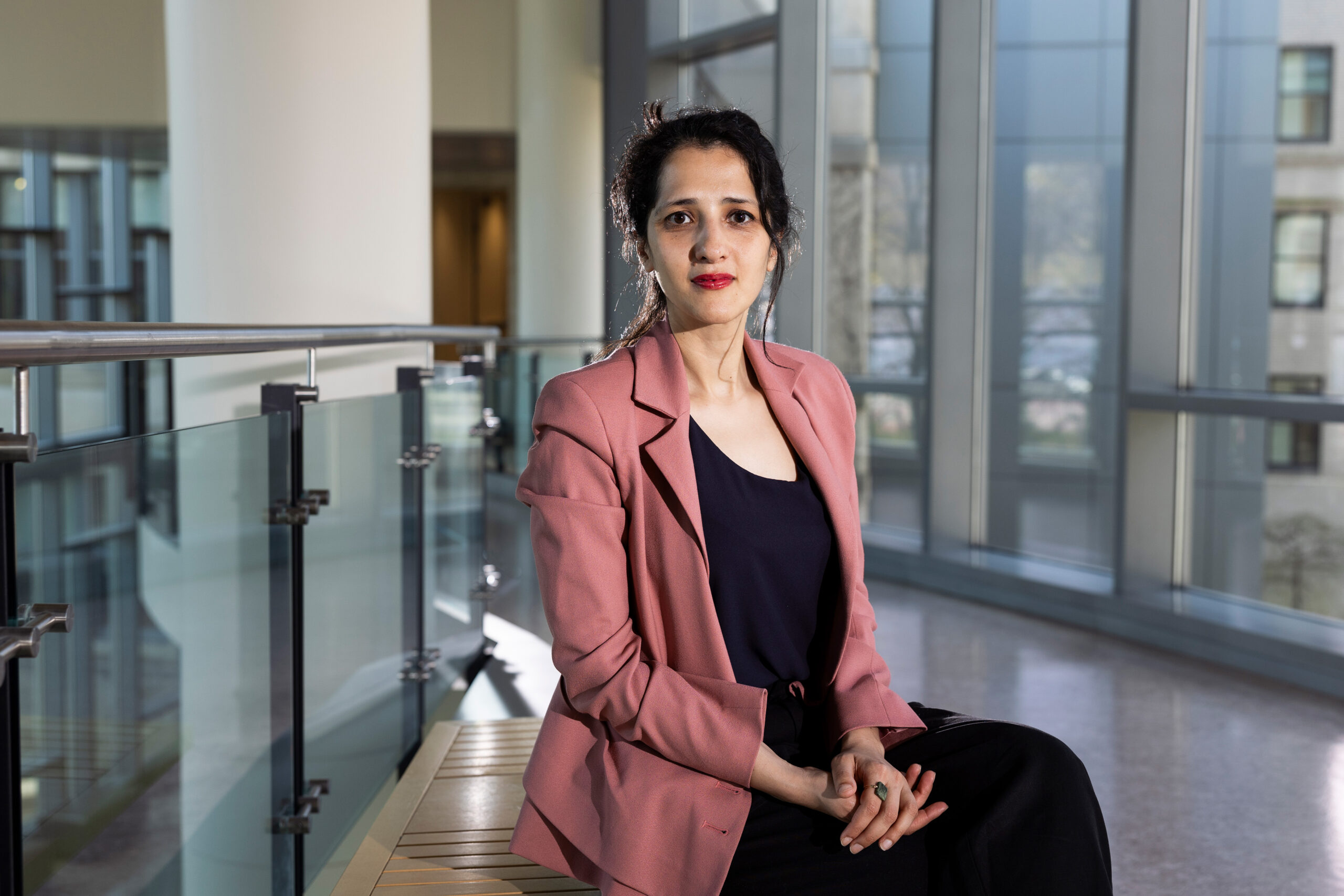Five years ago, three ambitious Norwegians first met in a study lounge at MIT, and their shared vision has blossomed into a groundbreaking drone company that caters to sustainable deliveries, elder care, and beyond, even under challenging conditions.
Lars Erik Fagernæs, Herman Øie Kolden, and Bernhard Paus Græsdal, all students of the Norwegian University of Science and Technology, found common ground amid their anxiety over an upcoming English exam in the MIT Professional EducationAdvanced Study Program lounge back in 2019. Each of them embarked on distinct academic paths—Fagernæs in computer science, Kolden in applied physics, and Græsdal in robotics. Their professional fates intertwined just months later when COVID-19 transformed the world.
As the pandemic surged in 2020, Fagernæs, Kolden, and Græsdal founded Aviant, a pioneering drone delivery service. They quickly put their drones to work, transporting blood samples across the expansive Norwegian countryside to enable timely COVID diagnoses for remote hospitals. Today, Aviant drones provide essential groceries, over-the-counter medications, and takeout food to underserved areas beyond urban centers.
Capitalizing on Momentum
While the pandemic has eased, the demand for efficient medical sample transport persists. Aviant continues to support remote hospitals with swift and reliable delivery services through various commercial contracts. In 2021, instead of solely concentrating on medical deliveries, the Aviant founders envisioned a greater potential: tackling the vast market of last-mile delivery in the autonomous transportation space.
“You definitely need a higher volume for the business model to be viable,” explains Fagernæs. “It’s riskier, but it represents a substantial opportunity.” This calculated gamble has garnered backing from the Norwegian government and several venture capital firms, leading to millions in funding to launch their consumer service, Kyte.
To further expand, Aviant recognizes the importance of gaining public trust in drone deliveries. The founders believe that highlighting the environmental advantages of aerial deliveries over traditional road transport could be key to mainstream acceptance.
To date, their drones have traversed more than 30,000 kilometers, preventing 4,440 kilograms of carbon emissions that would have resulted from conventional transportation. “Transporting one or two kilograms of sushi or medication in a two- to four-ton vehicle is simply nonsensical,” Fagernæs argues. “Not only do drones alleviate road congestion and accidents, but they’re also significantly more energy-efficient.”
Competitors such as Alphabet drive Fagernæs and Kolden to enhance their so-called “Viking drones.” Engineered to withstand Norway’s brutal winter conditions and fierce winds, Aviant’s drones are poised to service remote locations across Europe and the United States, which they plan to enter soon.
The Distinctive MIT Work Ethic
Fagernæs and Kolden attribute much of their inspiration and success to MIT, where they met and conceptualized their company. After completing the Advanced Study Program, Græsdal returned to MIT to pursue his doctorate. The insights and guidance from faculty and mentors at the Institute were instrumental in the startup phase of Aviant.
Fagernæs reminisces about the challenges of ascertaining drones’ theoretical flying limits and recalls knocking on doors at MIT for assistance. “We thought, since we are at MIT, let’s reach out.” He eventually found himself in the office of Professor Mark Drela, who generously offered guidance and resources. “I realized later that I had sought help from a leading expert in aeronautical engineering,” he reflected on Drela’s invaluable support. The trio also cites Professor Russ Tedrake as a significant influence on their careers.
Moreover, the relentless work ethic of their fellow students has instilled a drive within them. “I remember finishing an assignment and leaving the Strata Student Center around 5:30 in the morning—with it half-full,” Kolden shares. “That experience remains with me, and now leading Aviant, we understand that success demands immense dedication.”
Drela expresses his admiration for Aviant’s swift progress, stating, “Integrating drones into widespread use will dramatically enhance the delivery of high-value, time-sensitive payloads at reduced costs. I eagerly anticipate Aviant’s future growth.”
“For the Betterment of Humankind”
In a world increasingly leaning towards automation, Kolden finds pride in Aviant’s commitment to sustainability with its electric drones. “Opting for gasoline drones seemed tempting due to their extended range. But having come from MIT and working on climate issues, we realized we couldn’t compromise on our ideals. Choosing the electric route was necessary, and it has paid off.”
Initially, Kolden questioned if drones meant contributing to a dystopian future where technology replaced human connections. After conversations with industry experts and reflecting on Norway’s aging population and low birth rate, he reached a new conclusion: drones can indeed be part of the solution, enhancing care and access to food and medicine in times of labor shortages.
Fagernæs resonates with MIT’s mission to “work wisely, creatively, and effectively for the betterment of humankind.” He emphasizes that their company’s foundation was grounded in a commitment to societal improvement, particularly highlighted during the pandemic, which necessitated efficient logistics for healthcare delivery.
“We take immense pride in the achievements of Lars Erik, Herman, and Aviant,” reflects Executive Director Bhaskar Pant. “Their journey embodies the drive to be innovative and entrepreneurial while pursuing MIT’s mission of enhancing human welfare through knowledge.”
Photo credit & article inspired by: Massachusetts Institute of Technology



